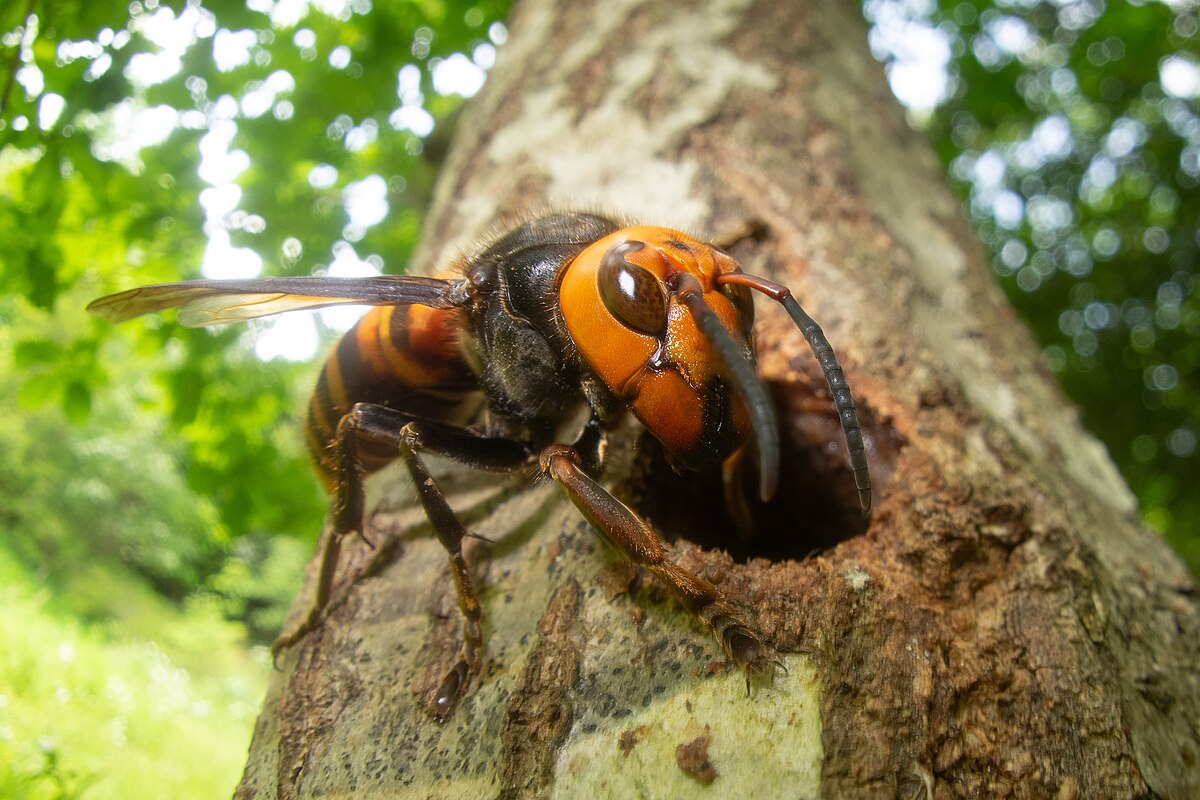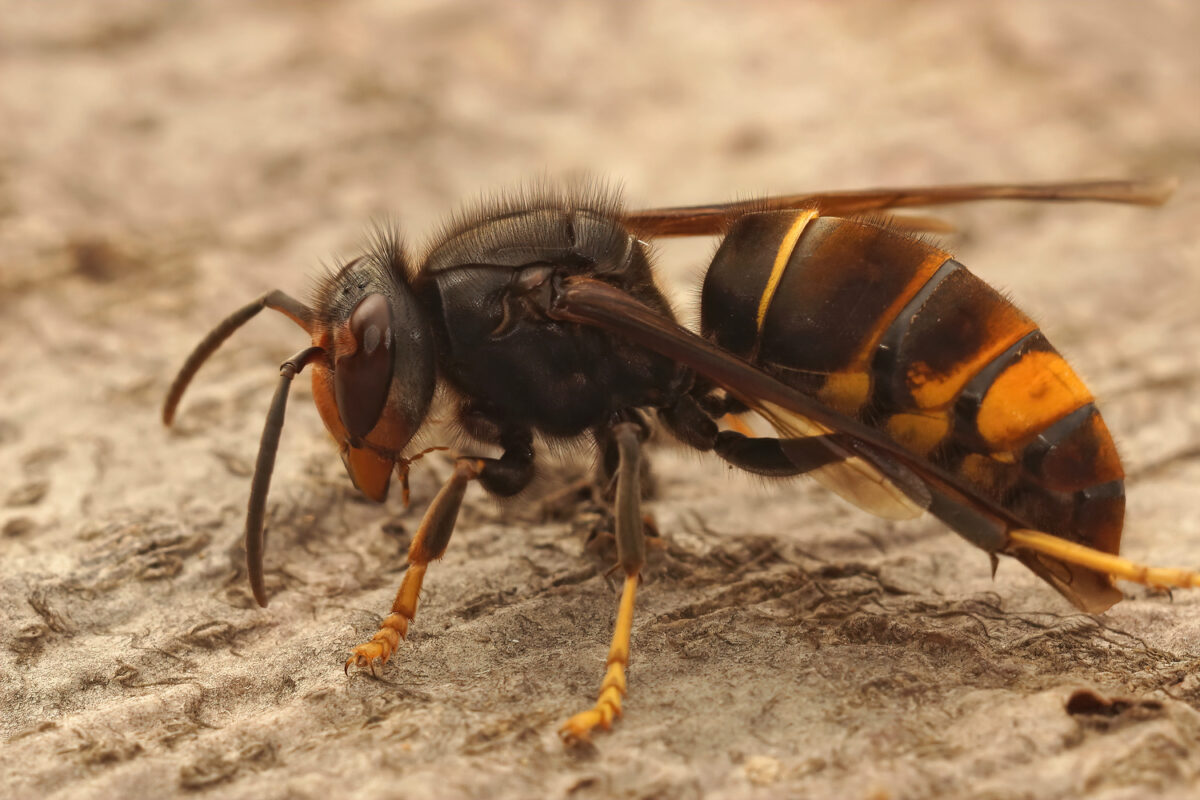Faced with the invasion of the Asian hornet, new hope is emerging in the sky: a European bird of prey is now attacking colonies of this feared insect. This natural interaction could become a valuable weapon for controlling an invasive species.
A natural predator discovered: the honey buzzard, discreet but formidable
The Asian hornet (Vespa velutina nigrithorax) has been a cause for concern for more than fifteen years. A formidable predator of bees, it endangers beehives and destabilises ecosystems.
Until now, no European predator was known to attack its nests. However, a Spanish study conducted in 2024 observed unexpected behaviour in a bird of prey: the honey buzzard (Pernis apivorus).
Often confused with the common buzzard, this honey buzzard is a diurnal bird of prey that specialises in hunting insects. As its name suggests, it feeds on the larvae found in the nests of wasps, bees and hornets.
Better still, it has impressive adaptations: a head covered with small hard feathers forming a helmet, thick eyelids and narrow nostrils that protect it. These features, along with a probable immunity to venom, allow it to attack nests without fear of stings.
A seasonal strategy that disrupts hornet colonies
In northern Spain, researchers tracked several pairs of honey buzzards. They found that they had attacked up to 60 Asian hornet nests in one season. And these attacks are not random: they target two crucial periods in the life of the hornet.
In spring, when they return from Africa, the honey buzzards nest while the queen hornets begin to establish their colonies. In autumn, just before their migration, they target nests filled with future queens. By attacking the colonies at these strategic times, they cause the partial or total destruction of the nests, thus compromising the reproduction and survival of the invasive species.

A regulatory role, not an exterminator
Of course, the honey buzzard will not cause the Asian hornet to disappear. Its numbers remain modest, with around 20,000 pairs in France. But this natural predation could slow down the spread of the hornet, as is happening in Asia, where a similar bird of prey plays a similar role.
For naturalists such as Gilles Blanc, this coexistence offers a real glimmer of hope. It shows that nature can adapt to biological invasions. By preserving the honey buzzard and its habitats, we are strengthening a natural, sustainable and free solution.
Protecting the bird to support the fight against the Asian hornet
The honey buzzard migrates every year to Africa to spend the winter. It only returns to our forests in spring to breed until September. In order for it to play its role to the full, it is crucial to protect its nesting areas, its forests and its migration corridors.
Biodiversity managers, like beekeepers, could see this bird as an unexpected new ally. Supporting the honey buzzard means supporting the balance of ecosystems. And perhaps, in the long term, finding some relief from a hornet that, until now, has had too few adversaries.




